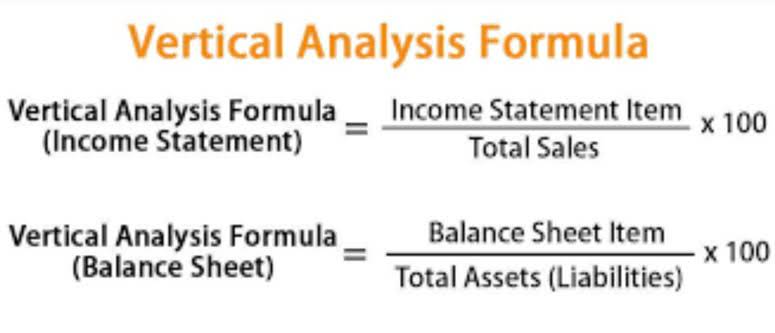Let’s say that you checked your business bank account and are pleased to see several deposits from clients for past services you’ve performed. Say you have a project to complete between April 1st and May 30th valued at $10,000. You and the client signed the contract on April 1st, and your entire staff started working on completing deliverables on that date, but you have yet to receive payment. These dates can differ from the dates on which the business actually delivers its services or incurs an expense. This may influence which products we review and write about (and where those products appear on the site), but it in no way affects our recommendations or advice, which are grounded in thousands of hours of research. Our partners cannot pay us to guarantee favorable reviews of their products or services.
How cash vs accrual accounting affects your taxes
Also, because cash basis accounting doesn’t match expenses with the revenue related to them, it can present a misleading picture of a company’s performance. Suppose a business purchases office equipment on credit, making no cash payment upfront. Under full cash basis accounting, this transaction would not be recorded until the cash payment is made. However, with modified cash basis accounting, the expense would be capitalized as an asset on the balance sheet, and an accrual adjustment would be made.
Cash vs. Accrual Accounting: The Bottom Line
And when a bill comes in, it’s recognised as an expense even if payment won’t be made for another 30 days. Derivative instruments such as interest rate caps and swaps are not required to be recorded at fair value. If hedge accounting is elected, further requirements are needed to comply with GAAP.
Benefits of cash accounting
By combining elements of both cash and accrual accounting methods, this system helps businesses better balance short-term and long-term financial items. This approach can provide a clearer picture of a company’s financial health, and supports confident, knowledgeable business decision-making. The modified cash basis is an accounting method that combines elements of cash and accrual accounting, offering https://www.bookstime.com/ a more comprehensive view of an entity’s financial transactions. This hybrid approach is particularly useful for small and medium-sized businesses that need to strike a balance between simplicity and accuracy in their financial reporting. In this section, we will discuss key adjustments and considerations pertaining to the balance sheet and income statement when using the modified cash basis method.
- These documents reveal when you receive payments and any invoices that are still outstanding.
- In this section, we will explore the basic elements of cash and accrual accounting and the businesses that are most likely to use each one.
- It also allows for the tracking of inventory, as well as accounts receivable and payable.
- This hybrid approach is particularly useful for small and medium-sized businesses that need to strike a balance between simplicity and accuracy in their financial reporting.
- In the cash basis of accounting, income is recognized when it is received, meaning cash must exchange hands for the transaction to be recorded.
- Whichever accounting method you choose for your business, tracking your spending is the first step to understanding business finances and cash flow patterns.
- This is why organizations that do business mostly through cash transactions prefer this method.
- The accrual method is considered to better match revenues and expenses and standardizes reporting information for comparability purposes.
- You will need to determine the best bookkeeping methods and ensure your business model meets government requirements.
- Cash basis refers to a major accounting method that recognizes revenues and expenses at the time cash is received or paid out.
- By analyzing the inflow and outflow of cash over a period, business owners can pinpoint areas where they need to cut costs or increase revenue.
Since you only record transactions when money changes hands, you’ll always know exactly how much money your business has at any given time. It’s easy to understand and requires minimal bookkeeping skills, which makes it ideal for small business owners who don’t have extensive financial experience. To calculate cash cash basis accounting measures income based on basis net income, you start with your total revenues for the period and subtract all of your cash expenses. Cash expenses include any costs incurred during the period that were paid out of pocket. Non-cash items such as depreciation are not included in this calculation because they do not affect actual cash flow.
Cash basis vs. accrual basis accounting
Many businesses prefer cash-basis accounting for taxes because it can make it easier to maintain enough cash to pay taxes. However, the accrual system may be better for complete accuracy regarding yearly revenue. Specifically, it focuses on when money is received, or expenses get paid, which may not occur exactly when these items are accrued.
- For example, as you saw above, Chris measured the performance of her landscaping business for the month of August using cash flows.
- In summary, modified cash basis accounting is an advantageous choice for small business owners and freelancers due to its simplicity and cost-effectiveness while still providing an accurate financial overview of the business.
- In the 15th century, Luca Pacioli, a Franciscan friar and mathematician, wrote about a record-keeping system used by Venetian merchants.
- In conclusion, modified cash basis accounting offers a balance between simplicity and relevant financial information for businesses, particularly small ones.



دیدگاه خود را بنویسید